

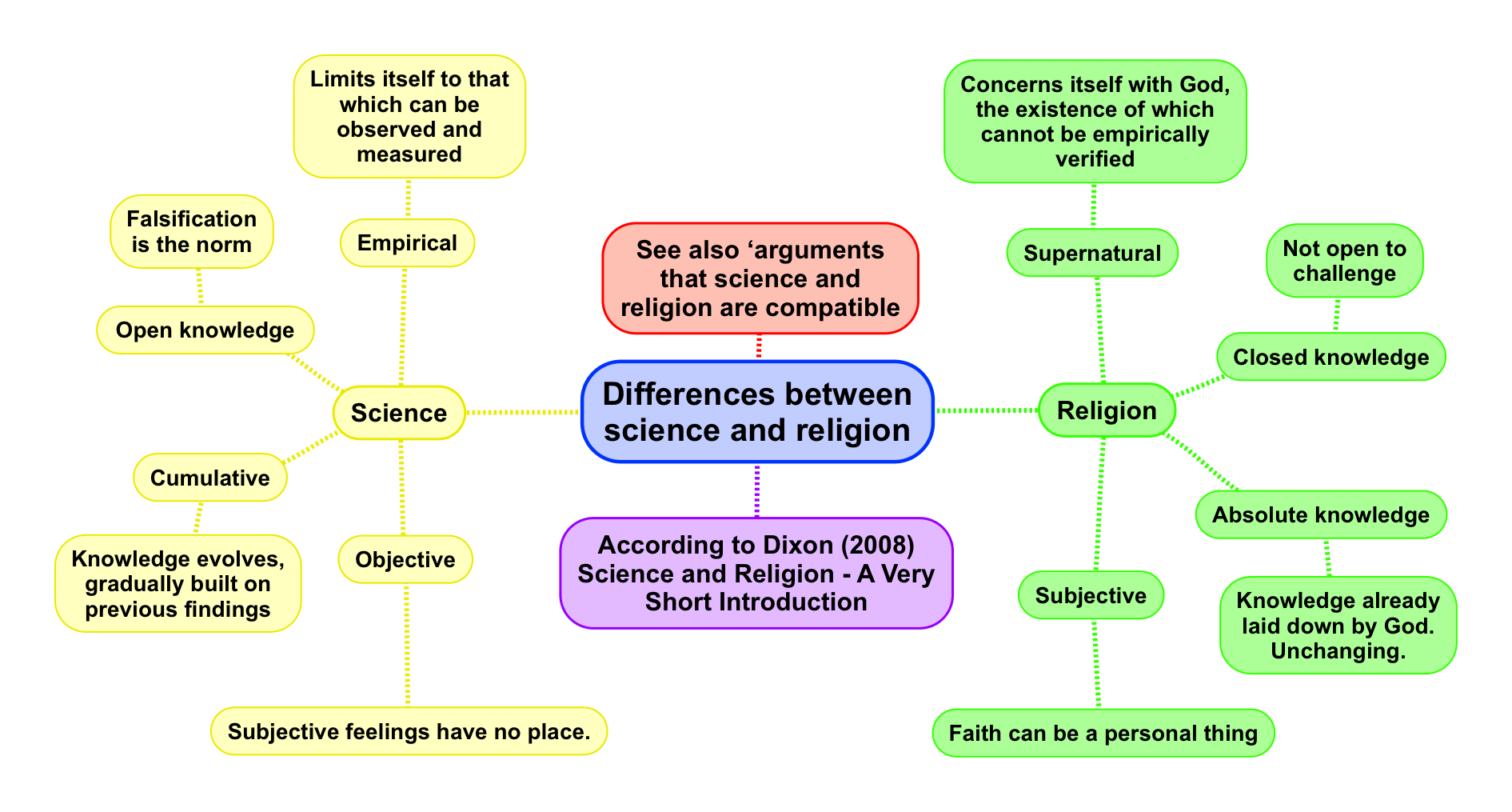
The term “scientist” is sometimes used to describe those who study religion, wrongly implying that religion is a science. However, religion is a belief system while science is an evidence-based approach to understanding the natural world. It is crucial to reserve the title “scientist” for those in scientific domains to show respect for legitimate advancements in knowledge. Religion involves a belief in a higher power or deity, sacred texts, and specific rituals, while science seeks to understand the universe through observation and experimentation. Despite their differences, both fields play a significant role in human understanding and development.
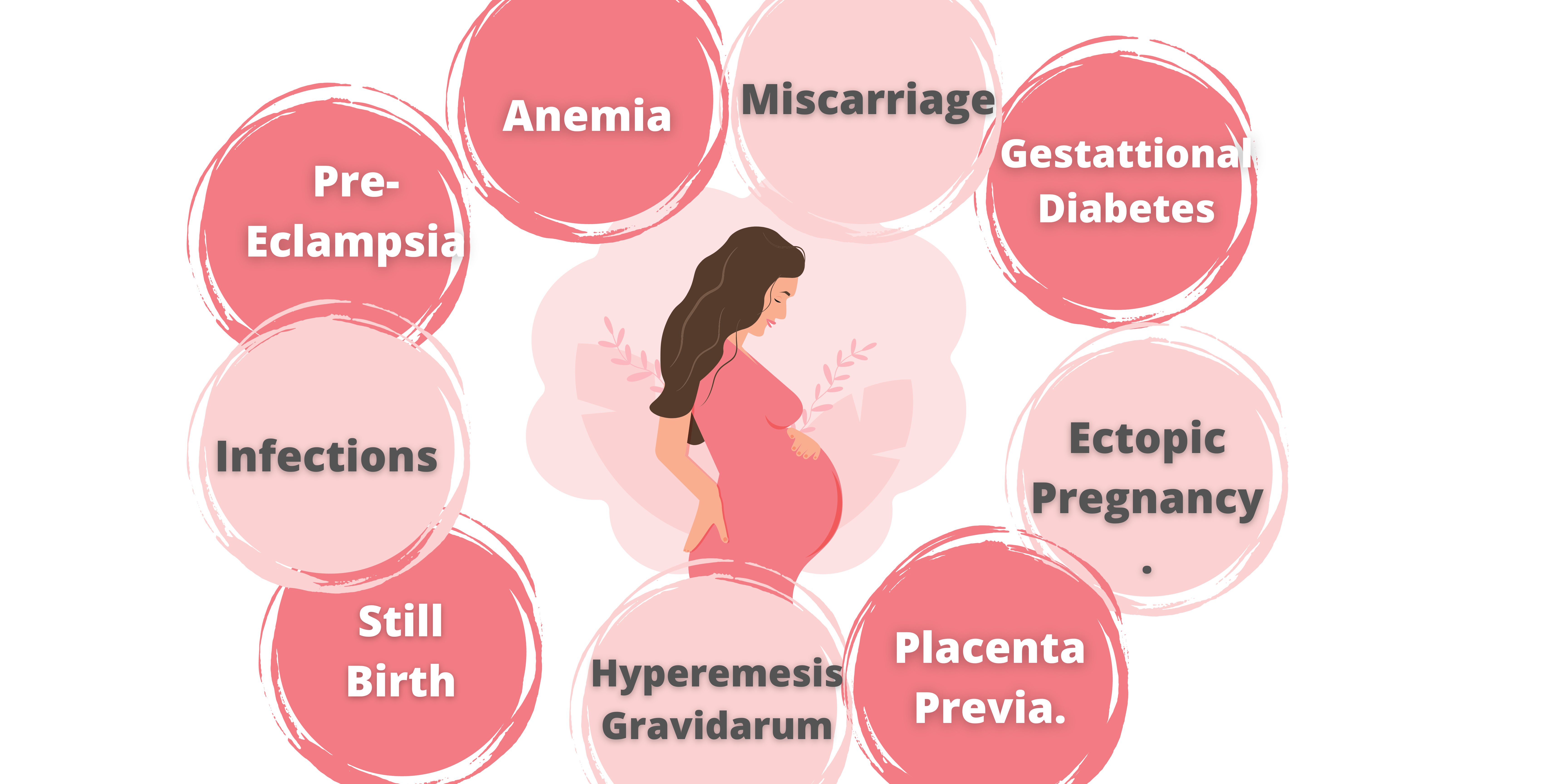
Pregnancy is a joyous time, but it can also bring about unexpected medical complications that can affect both the mother and baby. Some of the most common complications include gestational diabetes, preeclampsia, preterm labor, placenta previa, and miscarriage. Fortunately, with early detection and proper treatment, most of these complications can be managed and even prevented to ensure a healthier and safer pregnancy. Regular prenatal check-ups, proper knowledge and awareness, and prompt reporting of any abnormal symptoms are crucial in promoting better outcomes for both the mother and baby.
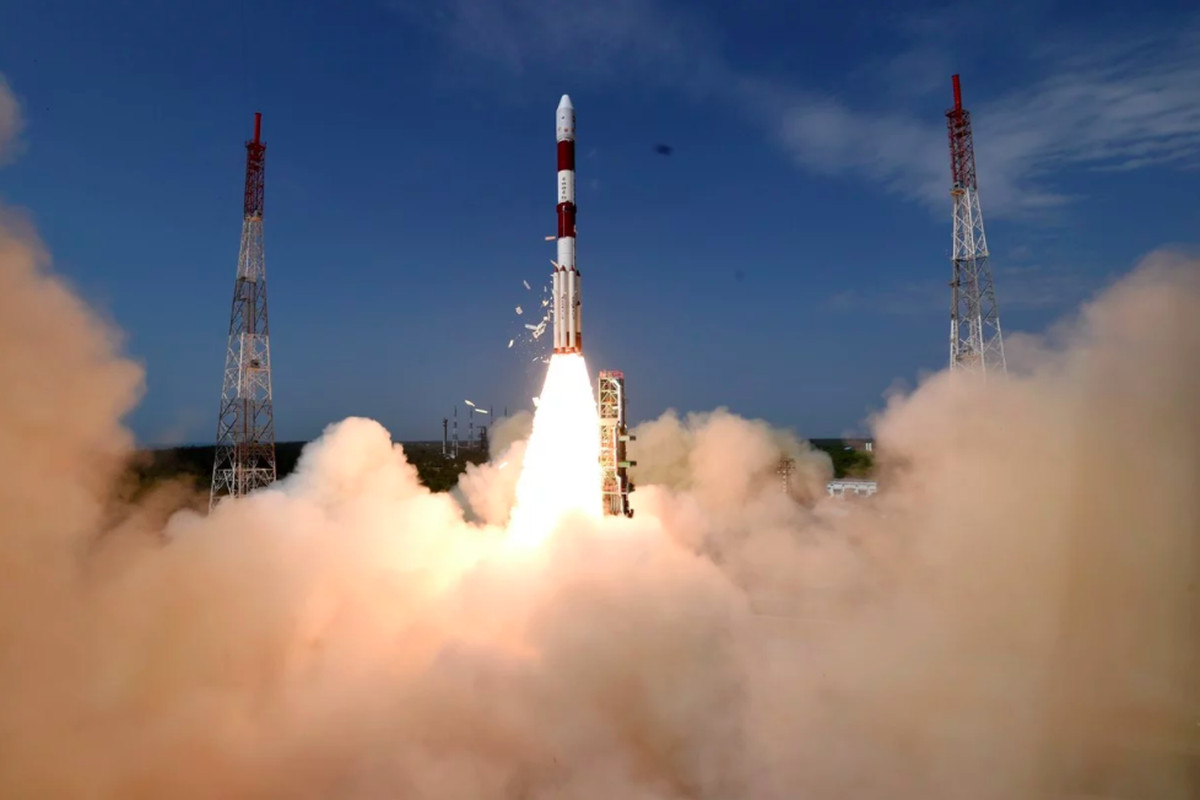
In a rare failure for India's space agency ISRO, their main rocket PSLV encountered problems during its 101st mission. The third stage of the PSLV rocket, which was the most successful launch vehicle for ISRO, experienced issues and couldn't place the earth observation satellite into the orbit as planned. This serves as a reminder of the complexities and risks involved in spaceflight, even for proven vehicles like PSLV.
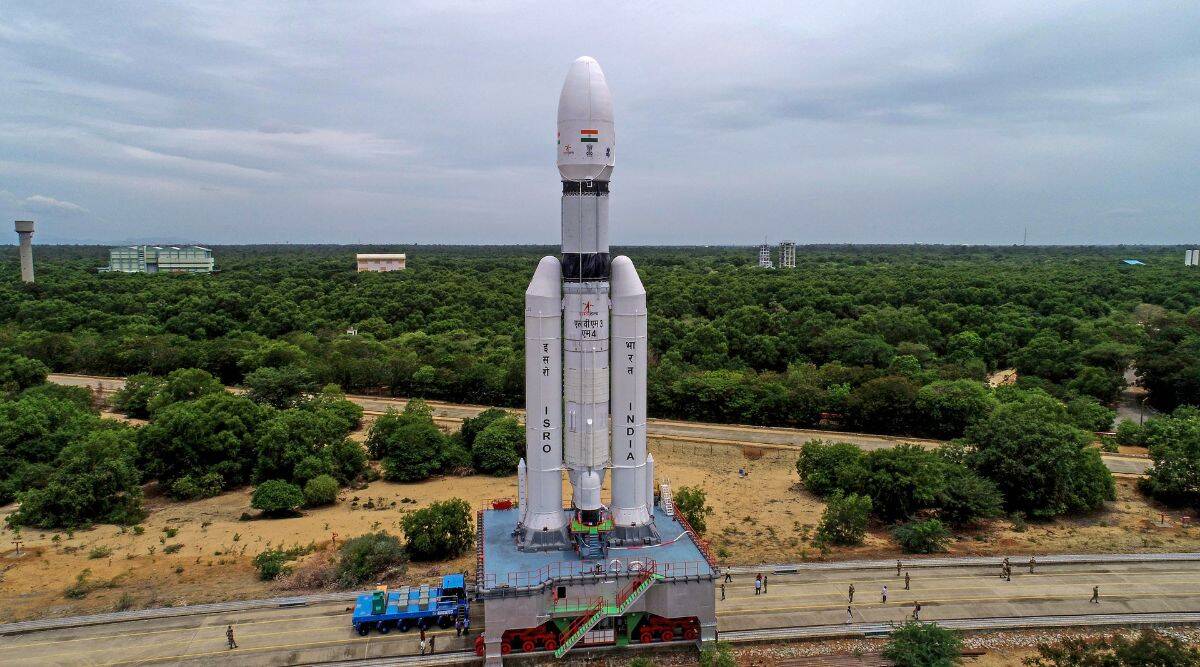
ISRO's mission to launch an Earth observation satellite aboard the PSLV rocket was unsuccessful on Sunday due to a problem in the third stage of the launch vehicle. Despite initial success in the first and second stages, a drop in chamber pressure prevented the mission from being completed. ISRO plans to regroup and attempt the mission again in the future, with the goal of ensuring a debris-free launch. This mission aimed to provide essential remote sensing data for various applications, including disaster management and national security.

A new high-altitude atmospheric monitoring station has been established in Udhampur, Jammu and Kashmir, to better understand the formation of ice crystals in clouds and their impact on rainfall. This cutting-edge facility will be the first in India to enable the study of ice nucleating particles (INPs), the rare and hard-to-detect tiny particles that are the starting points for the formation of ice crystals in clouds. By bridging this critical information gap, scientists hope to improve their ability to model cloud behavior and make more accurate precipitation predictions, especially for extreme events. The new center, which is located at 2,250 meters above sea level, was inaugurated last week and will collaborate with Swiss scientists from ETH Zurich to conduct INP studies. This facility will offer unique insights and contribute to our understanding of precipitation processes worldwide.
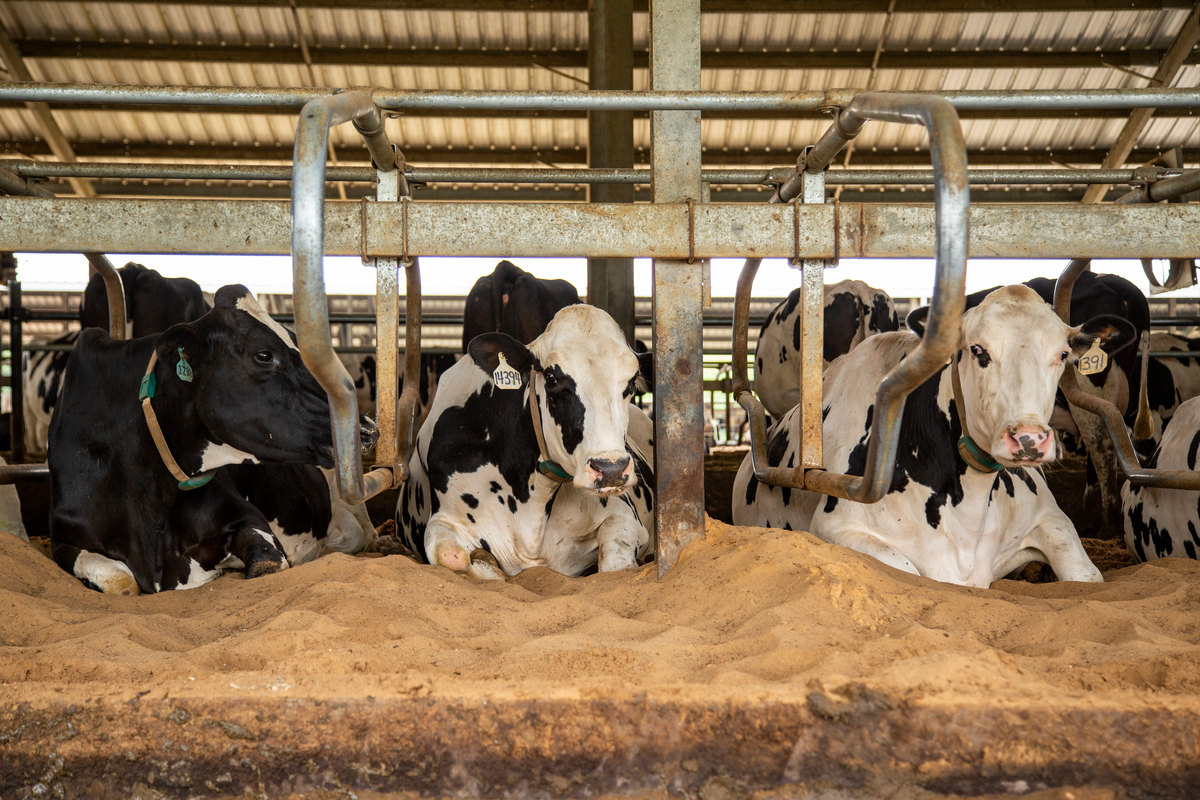
The well-being of dairy cows is crucial for milk production, reproductive efficiency, and overall health. Studies have shown that cow comfort plays a significant role in achieving this, with factors such as shelter, feed, water, and appropriate stall design affecting the cow's physiological and emotional needs. Moreover, poor cow comfort not only has economic consequences but also raises ethical concerns as cows were domesticated for human consumption. With modern dairy cows being like high-performance athletes, maintaining their comfort is more important than ever in preventing issues such as lameness. By providing comfortable resting spaces, we can promote longer resting times and reduce standing time on hard concrete, ultimately improving the lives of our cows.
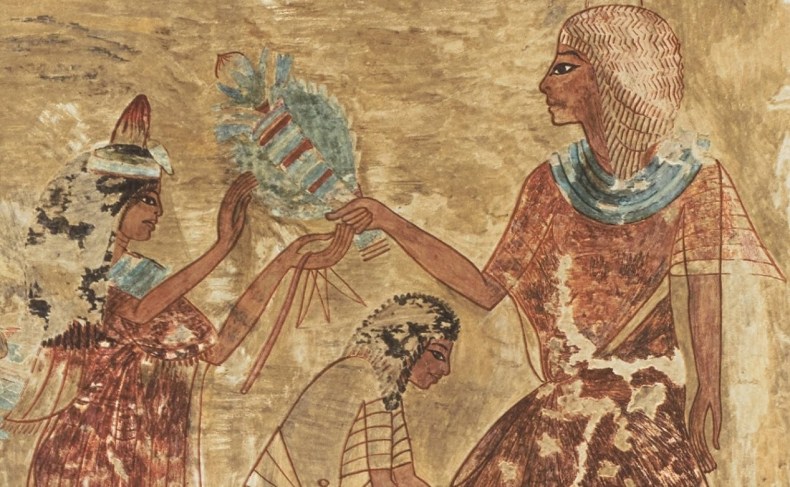
A blue lotus, often depicted in ancient Egyptian art, was not just decorative but a treasured healing plant used in medicine for over 3,000 years. Recent scientific research has identified bioactive compounds in the flower that align with its traditional uses in treating pain, inflammation, anxiety and sleep disorders. This evidence not only validates the sophisticated understanding of plant medicine in ancient Egypt but also highlights the potential of plant-based remedies as gentler and more balanced alternatives to synthetic drugs.
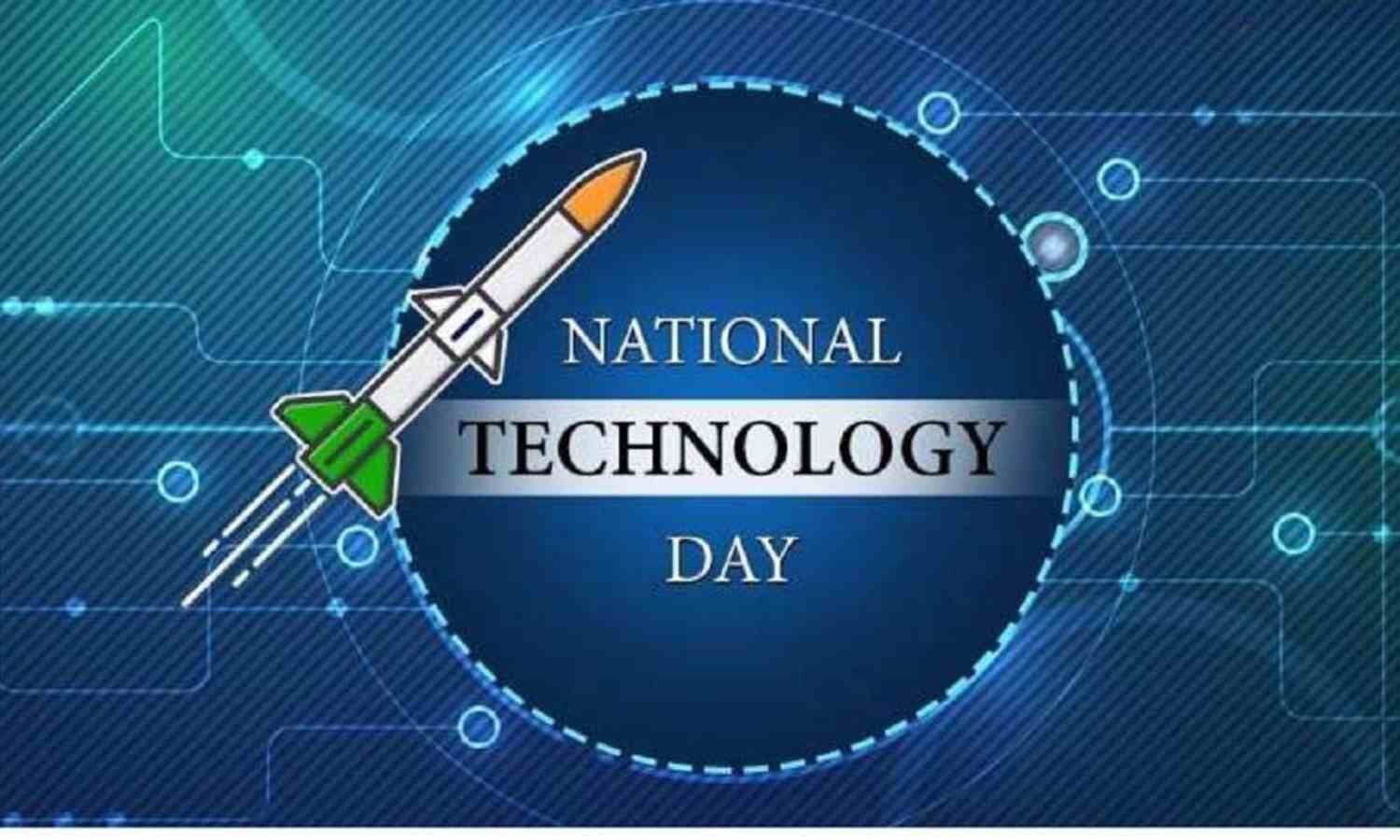
Today marks the celebration of National Technology Day 2025, with the theme ‘YANTRA - Yugantar for Advancing New Technology, Research and Acceleration’. This day recognizes the achievements and contributions of scientists and engineers towards building a technologically advanced nation. The theme focuses on the advancement of new technology and research to propel India towards a brighter future. Let us join in the celebration and honor the innovations that have shaped our lives.
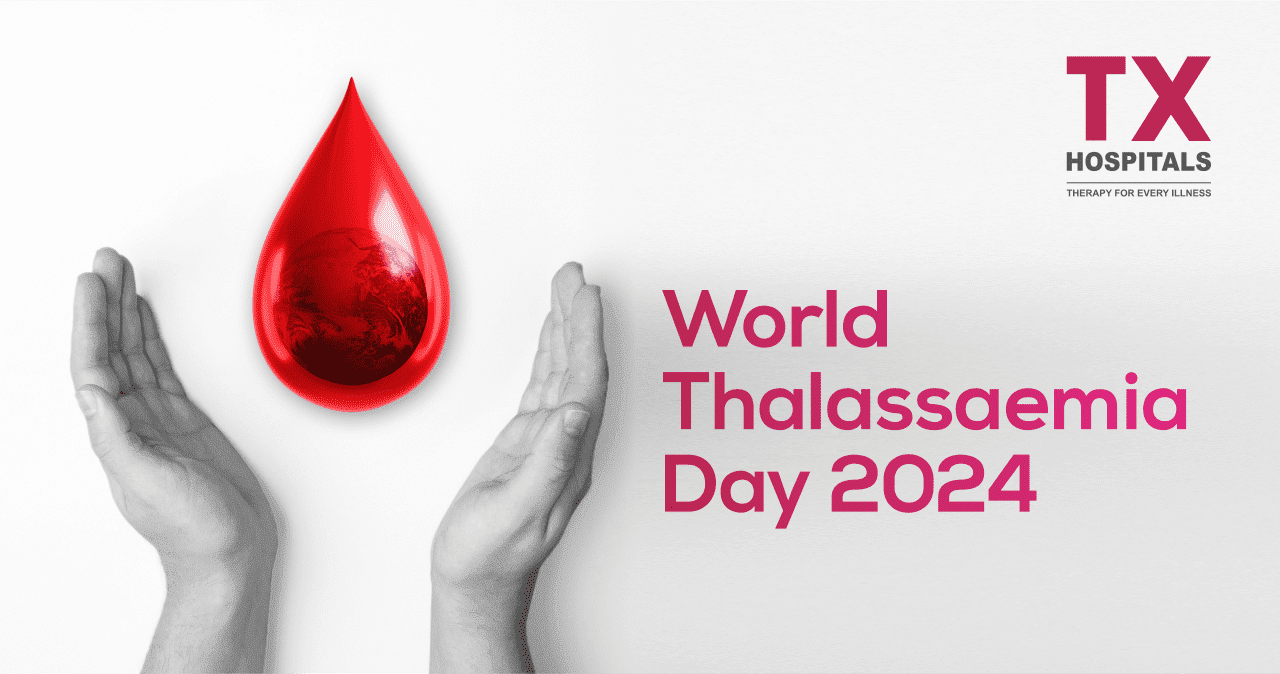
Thalassaemia, a genetic blood disorder that affects thousands of children in India, is still relatively unknown to the public. On 8 May, World Thalassaemia Day is celebrated to raise awareness about the disease and promote early detection and treatment. Stem cell transplant is the only way to cure thalassaemia completely, but finding a matching donor is a challenge for many patients. This annual observance highlights the importance of understanding and preventing thalassaemia to improve the lives of children and their families.
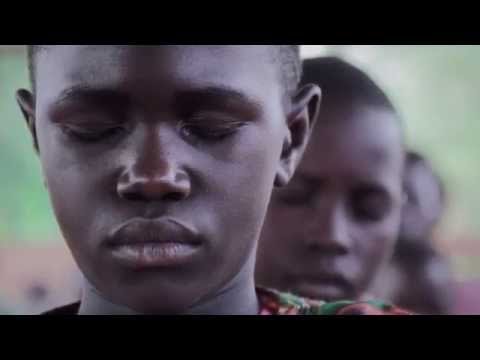
A new meta-analysis of 15 separate studies conducted by experts at Maharishi International University reveals the potential of transcendental meditation (TM) in relieving symptoms of post-traumatic stress disorder (PTSD). With evidence of its effectiveness in as little as a few weeks, TM offers a safe and gentle alternative to commonly used therapy methods that can be unsettling for some individuals. The results show promising potential for using TM as a solution for those suffering from the lasting effects of PTSD.